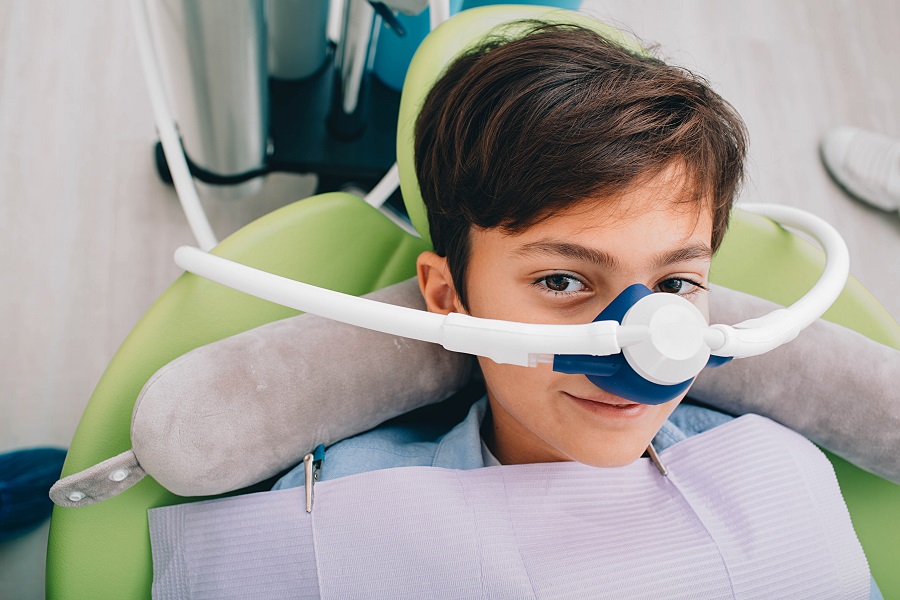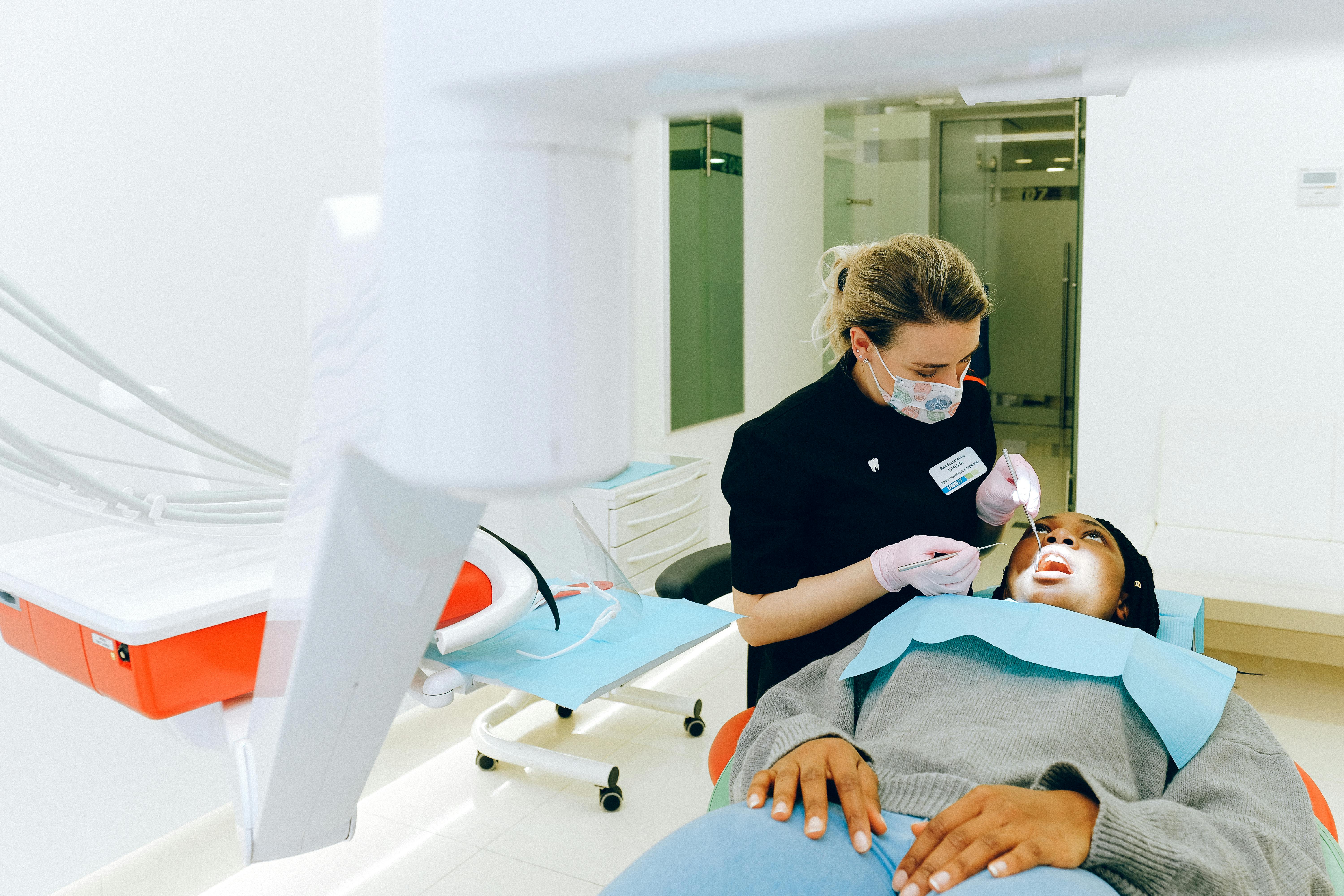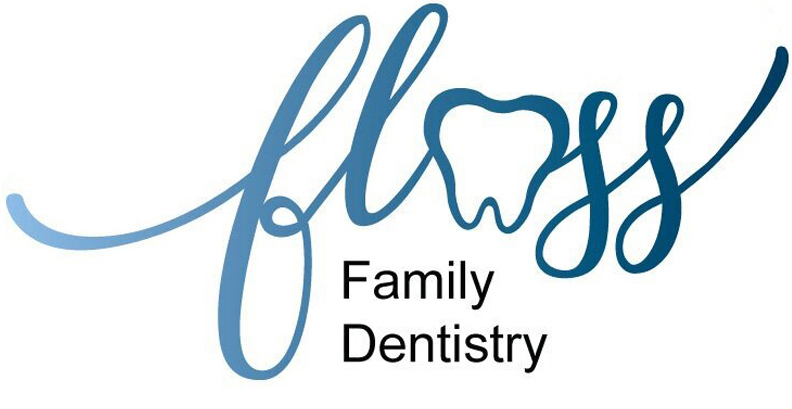Brushing your teeth twice a day and flossing once a day are a vital part of good oral hygiene and for preventing bad breath. Brushing removes food particles and plaque from the surfaces of your teeth. Flossing removes food particles and plaque from between your teeth and under your gum line. Brushing and flossing can help stop plaque and tartar buildup, both of which cause tooth decay and gum disease. However, these tips are not enough. Read on to learn how to eliminate bad breath.
Brush your teeth twice daily
Brushing your teeth twice each day removes food debris and plaque from tooth surfaces. It’s recommended to brush after every meal, but brushing twice a day is a good place to start! Use fluoride toothpaste for the best results.
We recommend brushing in the morning and at night before you go to bed. You want to remove the bacteria that may have accumulated overnight. If you have trouble getting kids to brush their teeth, try making it part of their bedtime routine.
Floss at least once a day
People who do not floss their teeth are at a higher risk of getting gum disease and cavities. In addition to brushing your teeth twice a day, you must also floss at least once per day. The bristles of your toothbrush cannot reach certain parts of your mouth, which is why you need an interdental cleaner like floss to clean them. Make sure to use a clean section of floss every time you clean your teeth to avoid transferring bacteria to other parts of your mouth.
Brush your tongue
Your tongue is home to thousands of bacteria. Brushing your tongue helps to remove these bacteria and can help reduce bad breath. To brush your tongue, use a soft-bristled toothbrush or a tongue scraper.
Start by rinsing your mouth with water to loosen and remove food debris from your tongue. Then, gently move the toothbrush or scraper from the back of your tongue to the front. Repeat this motion several times until you can taste an astringent flavor in your mouth. This tells you that you’ve removed as much bacteria as possible.
Next, follow it up with brushing your teeth to help reduce plaque buildup and help keep your breath fresh.
In addition to removing bacteria from your tongue, it can also help to keep your breath smelling better if you brush your tongue after you eat. This is because the odor-causing particles that linger on your tongue can mix with the food you have eaten. By brushing away those particles, you can help to reduce odors caused by these foods.
Clean your dentures or dental appliances
If you have removable dental appliances such as partial plates, full dentures, night guards, or orthodontic retainers, it is recommended that you clean them regularly and properly in order to maintain proper oral hygiene and prevent gum disease or other complications.
Avoid dry mouth
Having bad breath or halitosis can be embarrassing and uncomfortable, but it’s often caused by other factors other than your oral hygiene habits. For example, having a dry mouth can cause bacteria buildup that leads to a foul odor. That’s because saliva helps keep your mouth clean by washing away food particles and neutralizing acids. When there’s less saliva in your mouth, it creates the perfect environment for harmful bacteria to grow and cause foul odors.
Another reason for halitosis is a sinus infection. Your sinuses have mucus membranes that become inflamed when you have an infection. A stuffy nose without treatment can lead to mouth breathing, which causes the mouth to get dry. A dry mouth causes bad breath. Drink plenty of water and visit your doctor if you have severe dry mouth.
Adjust your diet
Certain foods have odors that enter our bloodstream and transfer to the lungs through our circulatory system. These odors are associated with bad breath. If you are someone who suffers from chronic bad breath, try adjusting your diet to reduce or eliminate these foods from your diet.
Swap out meat and dairy for fruits and vegetables - Meat and dairy products are notorious for causing bad breath because they are high in proteins and fats. These proteins are metabolized by the body and excreted from the body via the breath. By swapping meat out for plant-based proteins such as beans, nuts, lentils, tofu, and more, you can greatly reduce the odorous compounds leaving your body through the breath.
Schedule regular dental checkups.
The American Dental Association suggests that patients schedule routine dental checkups twice each year. Professional cleanings remove plaque buildup, and mineralized deposits on teeth that brushing alone cannot address. During a checkup, your dentist will carefully examine your teeth and gums for signs of oral disease, such as tooth decay and gum disease. He or she will also screen you for oral cancer and provide tips to help you improve and maintain your oral health. Regular dental visits are important for maintaining good oral health and keeping your smile bright and beautiful!
At Floss Family Dentistry, we offer high-quality dental services using advanced technology. To learn more or to schedule an appointment with us, call us at (801) 610-7200 or visit our dental office at 2183 West Main Street, Suite 301A, Lehi, UT 84043.
Office Hours
MON - FRI9:00 am - 5:00 pm
SAT - SUNClosed









